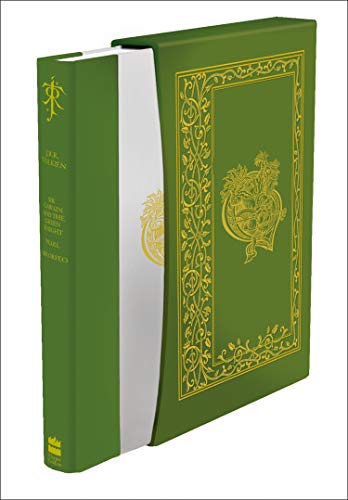There is a genuine ‘The Romance of a Dictionary’ in King Edward’s School Chronicle (June 1899, Vol. XV, No. 116), of which I will give here a paragraph:
And, let it be understood, that we are not here referring to Liddell and Scott, the Latin-English, et hoc genus omne, useful, nay even necessary works in their way, but bringing with them associations which prevent our ever feeling for them the same easy good-fellowship which we have for Johnson, Webster, and above all, facile princeps, Skeat. Much has been said of late, of the magnificent work which is now well on its way from Dr. Murray's workshop, but, splendid achievement as that is, it must always appeal more to the student than to the genuine dictionary-lover. To the latter, the very fact that each letter of the alphabet needs more than a volume to itself, is sufficient to condemn it, and, though he may very properly be led to load his shelves with the new Oxford Dictionary as a work of reference, he will not lightly dethrone his favourite Skeat from its place beside his arm chair.
C.G. Naish, Honorary Librarian, wrote in ‘Librarian’s Report’ in December 1904 (KES Chronicle Vol. XIX, No. 148, p. 112), ‘Murray's Dictionary continues to arrive in instalments.’
Another quotation is from ‘Library Notes’ (December 1905, Vol. XX, No. 154, p. 87):
‘A novel, says Cassell's Dictionary, is a fictitious tale in prose.’
The publishing house of Cassel issued different dictionaries, such as ‘Dictionary of English Literature Being a Comprehensive Guide to English Authors and Their Works’ or ‘Brewer’s Dictionary of Phrase and Fable’, but mostly bilingual, such as English-Latin-English. I did not look through dictionaries, the quotation could be a joke, nevertheless, the mention of the entry is an evidence of Cassel’s renown in the school.
There are also two entries which I could not find in NED and other dictionaries available online.
H. R CHAFFER, quoting from a dictionary, defined physique as "bodily structure" <…> (KES Chronicle, March 1906)
Is there such a word as "aestivate"? We find, on reference to the dictionary, that there is, and that it is used of "certain molluscs that remain dormant during the summer." (OEG, July 16, 1906)










 23
23 5509
5509